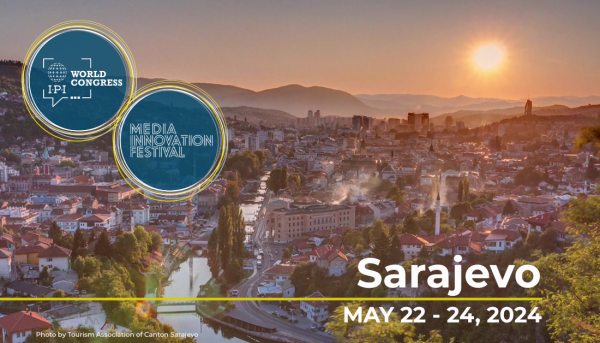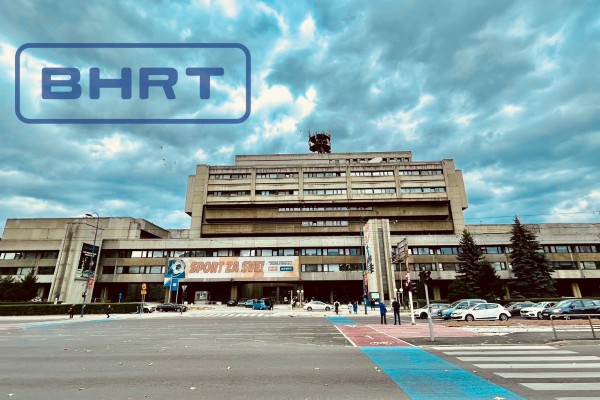At an IPI event held yesterday at the International Press Institute’s headquarters in Vienna, Austria, Russian investigative journalist Galina Sidorova, who is IPI Vice-Chairwoman and the former editor-in-chief of the monthly Sovershenno Secretno, spoke about recent changes in the Russian media and the difficulties that Russian investigative journalists face today.
“The media situation has worsened as Russia has entered its presidential campaign,” Sidorova told participants, noting that presidential elections will be held in Russia in March 2012, and that campaigning for these elections has already begun.
With a declining economy and an end to the euphoria that accompanied Russia’s economic growth at the beginning of the new millennium, Russians are showing greater interest in increasingly-discussed political and social issues.
However, Russian media outlets are unable to offer independent news, Sidorova noted.
“In the broadcasting sector, some small private channels enjoy some independence from the state, but the main national television channels are all controlled by the state,” she said. “The Internet is the only medium where journalists enjoy acceptable levels of freedom.”
Sidorova explained that of the two state television channels one is controlled more by Russian President Dmitry Medvedev, and the other by Prime Minister Vladimir Putin, with only minor differences in terms of content. Other national television channels are run by people whose job would be jeopardized if they dared to criticize the government.
“The directors of these television stations know what politicians don’t like,” Sidorova said. “They know this even better than the politicians themselves, and do not want to lose their jobs.”
The press freedom situation is not much brighter in the print media sector, where independent news has always been a rare commodity. Nevertheless, the multiplicity of opinions that existed during the government of former President Boris Yeltsin, when newspapers were owned by various oligarchs and reflected the diversity of the oligarchs’ political opinions, does not exist anymore. Today, Putin’s close connections to Russian business have created a situation in which newspapers refrain from criticizing the government, because of pressure by owners or advertisers. “Today’s oligarchs are all close to Putin or Medvedev,” Galina said. “Self-censorship in the print media sector is very strong.”
Investigative journalists are confronted with immense pressure.
“Media reveal information about the outcome of investigations into corruption and other illegal activities only when it becomes of political interest to some high level politician to publicize such information,” Sidorova said, highlighting the danger for investigative journalists of being caught up in power politics.
Physical attacks against journalists who reported on politically sensitive issues have been common in Russia in the past decade. According to IPI’s data, 37 journalists have been killed in the country since 2000. Impunity surrounds even the most prominent cases, such as the murder of Anna Politkovskaya in October 2006.
Harassment of journalists who do not toe the government line has also taken the form of legal attacks, defamation suits, and different forms of administrative obstacles to journalists’ work.
When one of the participants at the IPI event asked Sidorova if she was ever scared that either she or her family could be attacked as a consequence of her investigative work, she said: “I cannot think in these terms. I have a family, I have kids. If I start thinking about the dangers, I would have to quit my profession.”


